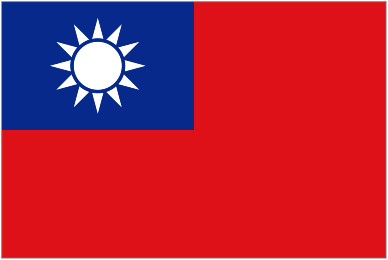That's the complication, isn't it? The nukes mean that the DPRK can't be left as it is indefinitely, but they also mean that no immediate solution presents itself. Catch twenty-two and all that.
I would argue that the solution is evident. Call NK's bluff and watch them lose their only leverage. Nukes are only a leverage if they are a threat. Once they actually dare to use them, they are no longer leverage. I would venture to guess they would never use them.
Perhaps you could spell out this 'simple matter' of accounting in more detail. Exactly how do you see the North Korean state collapsing? Do you think that resource shortages (and ensuing starvation) will lead to mass public mobilization in support of reform? Do you think resource shortages will lead to elite-lead democratization? Neither option seems particularly credible.
Any regime that steals the wealth of its people and distributes it to a select few at the expense of the people will eventually find that there is less coming in over time. Without reinvesting in infrastructure and other vital public services, there will simply be less productivity over time and the elite, who are the beneficiaries of the nation's toil, will see their incomes dwindle. This eventually reaches a critical mass where the state (which is the elite, and not the people) simply cannot function. The power base then seek someone or something new so that their privileges can continue, having lost confidence in the previous regime. The only way around this dilemma is to have an alternative source of revenue. A lot of authoritarian regimes have managed this by having some natural resource available that doesn't require taxing its people to death. It's called the "resource curse." They can maintain their power for as long as the resource is available. NK has done it with foreign aid, leveraged against their nuclear arms. NK reached critical mass years ago, when it started having starvations. Notice that, despite starvation, they still managed to have enough money to buy a nuclear weapons development program. That should tell you where all the money really goes. The military, as in so many authoritarian regimes, is part of the elite that benefit, as well as the enforcement of the regime that keeps the people down.
No one who can get it to happen is clamoring for democracy there. The people do not have the will to do it, as they are so oppressed that they cannot even eat properly. That, as you can imagine, is partly by design. NK doesn't give a damn that people starve as long as the organs of state survive and prosper. So what foreign aid comes in doesn't get to those starving many. The elite are not interested in democracy either. They have proven recently, in approving of the new boss, that they want to keep things the same. But once they lose faith that the regime can be maintained, they will seek regime change from within, and this is usually some new leader who will promise them better. It would take a bold leader, a Gorbachev, that proposes free market and democracy reforms, but I don't see it happening.

 Today is 04-01, not 01-04. Use proper British calendar settings.
Today is 04-01, not 01-04. Use proper British calendar settings.

